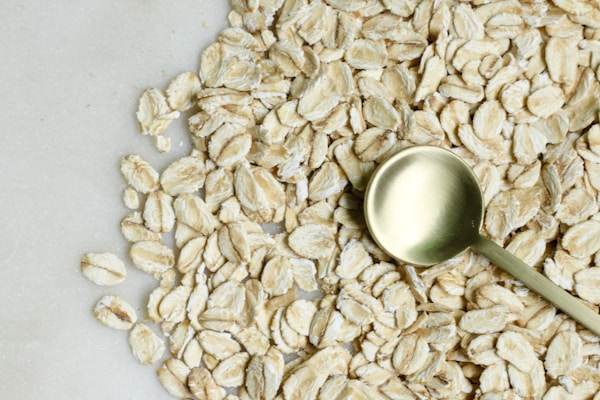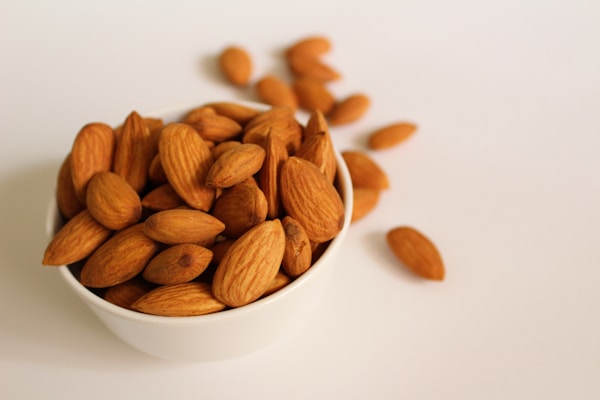There are many reasons that people avoid cow’s milk. From food allergies to animal rights concerns, more and more people today are turning to non-dairy alternatives. However, perhaps one of the biggest reasons that people seek out alternatives to cow’s milk is due to lactose intolerance.
Lactose intolerance is a condition caused when the body cannot break down lactose, which is a sugar that is found in milk and milk products. When someone who is lactose intolerant consumes milk or milk products, they may experience symptoms such as diarrhea, bloating, gas, and nausea. Lactose intolerance is not a food allergy, and it is not caused by a lack of stomach acid. The condition is caused by a deficiency in the enzyme lactase, which is needed to break down lactose.
Fortunately for those with lactose intolerance, the market for alternative milk products has expanded in recent times. Today there are many milk products made from nuts, seeds, grains, and legumes that serve as alternatives to cow’s milk. When you check out a site like Striveforbetter.com, you will find various kinds of milk alternatives for lactose-intolerant people made with animal-free whey protein. Let’s take a look at some of the milk alternatives available on the market today.
Oat Milk

Oat milk is a non-dairy alternative to cow’s milk that is made from oats. It is a great option for people who are lactose intolerant or have a dairy allergy, and it also has a high level of antioxidants. Oat milk is a good source of fiber, and vitamins A, B, and E. Different manufacturers often add fortifications to oat milk to improve the protein content. It has a sweet, oaty flavor and a creamy texture, and it can be used in place of cow’s milk in most recipes. It is often praised for its creamy texture and nutty flavor. Oat milk is also a vegan-friendly option.
Rice Milk
Rice milk is a drink typically made from milled white rice and water. It is often enriched with vitamins and minerals, such as calcium and vitamin B12. Rice milk is low in fat and contains no cholesterol. It has a sweet taste and is often used as a milk substitute by people who are lactose intolerant or have dairy allergies. Rice milk is also a good source of thiamin, riboflavin, and niacin. Rice milk also has a high level of carbohydrates, which makes it a good source of energy.
Quinoa Milk
Quinoa milk is a dairy-free milk alternative made from quinoa. It is light and refreshing and has a slightly nutty flavor. Quinoa milk is a good source of protein, fiber, and vitamins and minerals, including magnesium, potassium, and zinc. It is also a good source of antioxidants. Quinoa milk is a good choice for people who are lactose intolerant or have dairy allergies. Quinoa milk is low in fat and cholesterol-free. It is not as popular as some other forms of milk alternatives but is usually available in most health food stores.
Soy Milk
Soymilk is a dairy alternative for people who are lactose intolerant. Soymilk is made from soybeans and water, and it has a similar consistency to cow’s milk. Soymilk is high in protein and contains many essential amino acids and nutrients, including calcium and vitamin D. It also has a low glycemic index, which means that it does not cause blood sugar levels to spike the way cow’s milk does. Soymilk is available in both shelf-stable and refrigerated varieties. Shelf-stable soymilk can be stored at room temperature, while refrigerated soymilk must be refrigerated after opening.
Coconut Milk

Coconut milk is a dairy alternative made from the pressed, shredded flesh of coconuts. It is high in fat and calories and contains many nutrients, including vitamin C, folate, and potassium. Coconut milk can be used as a substitute for cow’s milk in recipes or in beverages. Some people find it to be more digestible than other dairy alternatives because of its high-fat content.
Almond Milk

Almond milk is a delicious, nutritious, lactose-free drink made from ground almonds and water. It has a creamy texture and a mild nutty flavor that makes it a perfect substitute for cow’s milk. Almond milk is a good source of protein, vitamin E, magnesium, and potassium. It is also low in calories and cholesterol-free. Almond milk can be used in smoothies, coffee, cereal, and baking recipes. It is often used as a dairy-free, vegan, and lactose-free alternative to cow’s milk. Almond milk is one of the most popular milk alternatives on the market today.
From allergies and lactose intolerance to dietary concerns, milk alternatives offer a substitute for cow’s milk for a variety of reasons. For people with lactose intolerance, alternative products provide a way for people to get the nutrients they need without the discomfort that comes with consuming dairy products. There are a variety of dairy alternatives available, so everyone can find one that fits their needs and preferences.








